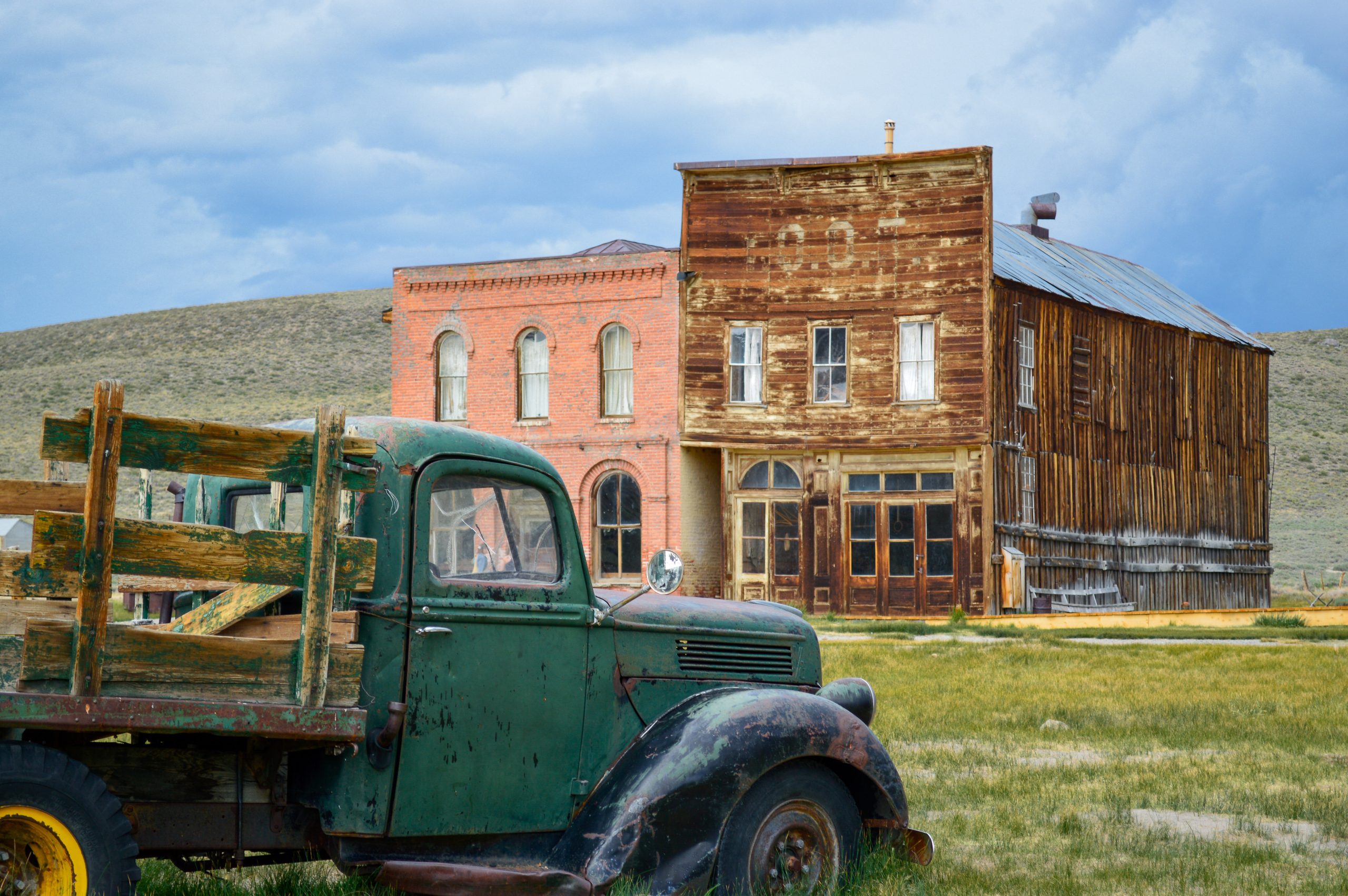The problem with the path to net zero carbon emissions is its accompanying net zero environmental benefits and its net zero improvement in our standard of living. Net zero is an anti-human hellbent path to scarcity that threatens wealth creation, leaving all but a few Canadian elites bound by a highly regulated egalitarian existence. In this false utopia, big brother watches over the poorwith their lives ebbing away.
Not all this road to hell is paved with good intentions, that can be fleshed out here, but one point can—the path to scarcity.
This realization was argued in October by the Saskatchewan government in its white paper “Drawing the Line: Defending Saskatchewan’s Economic Autonomy” The most popular takeaway was that federal policies would cost the province $111 billion by 2035. The 24-page proposal reiterated another important point: net zero policies will inevitably destroy the development of our resources and our standard of living.
“A defining feature of the current federal government is the creation of many new forms of environmentally laden standards and regulations…[that] sound well-meaning and well-intentioned,” the paper explains. “Saskatchewan has always been about producing and exporting food, fuel and fertilizer to the world. Yet new policies seem to target all three…”
The province examined nine regulations, including the federal carbon tax on fuel, upstream oil and gas, methane regulations, oil and gas production/emission cap mandate, fertilizer emission reduction mandate, clean fuel regulations, the zero emission vehicle mandate, the output-based pricing system, agriculture methane mandate, and landfill methane mandate.
The “cumulative direct compliance cost” was estimated at $111 billion from 2023 to 2035. By its final year, the annual cost would be around $16 billion, equal to 14 percent of the provincial GDP; roughly $11,000 per resident. Any developments that were cancelled because of these regulations would send the costs even higher.
So why are we shooting ourselves in the foot? “[R]ecent research suggests that carbon taxes and pricing systems do not significantly reduce emissions,” the white paper says, citing a 2021 analysis by Jessica Green. That only makes sense. If carbon taxes reduced emissions, the rationale for everything else would vanish. What does “everything else” mean? I’m getting lost here.
The federal government wants to tighten the screws on fossil fuels even more, and the policy paper says whether that means cap-and-trade or even stricter “carbon pricing,” the result “in practice will impede the production of the actual resource.” In the words of analyst Eric Nutall: “At best, it’s a cap on Canadian oil production and at worst, it’s going to force production declines.”
Exactly.
The oil sector employs more than 30,000 people in Saskatchewan and accounts for 15 per cent of provincial GDP. That’s even more than agriculture, now threatened by federal targets to reduce fertilizer emissions to 30 per cent below 2020 levels by 2030. From 2012 to 2020, the harvested acres in Saskatchewan grew by only 6 percent, but production grew by 45 percent. Cut fertilizer and that will cut production.
An analysis by MNP found if Canada lowered its fertilizer use by only 20 per cent, it would export 14 million metric tonnes less canola and spring wheat by 2030. That would forfeit $10.4 billion of Canadian production, including $4.61 billion in Saskatchewan alone.
But wait—there’s more. The Clean Energy Standard would prohibit fossil-fuel generated power production unless its draft terms are changed. This change would “turn off 65 percent of Saskatchewan’s electricity supply” and more expensive alternatives would be required.
It’s bad enough that most pipeline proposals have been mothballed or abandoned, given current regulations. An analysis by IHS Markit in December 2020 noted that the province estimated that pipeline delays had already cost heavy crude producers $18 billion since 2015.
Saskatchewan has already reduced methane from the oil industry by 60 percent since 2015, and pioneered carbon capture storage technology. It even set a goal of 50 per cent renewable power production. But the federal government keeps lowering the bar until the only way to get under is to get thinner.
An aggravating and unrecognized part of these schemes is the disproportionate punishment of regions of the country that don’t vote for the Liberals. Urbanites keep nodding their approval to these costly environmental measures, somewhat insulated from their real effects. By the time the outcomes of the policies hits them, the task of reversing those policies will prove to be long and difficult.
If lower production and exports from Saskatchewan and other places leaves the world poorer and people starving to death, would environmentalists still view the holocaust as a reasonable sacrifice? Fewer people and livestock breathing out carbon will supposedly save the planet—but for whom?
In 2019, China produced 27 percent of the world’s greenhouse gas, more than all OECD and EU countries combined. Meanwhile, Canada’s share dropped to 1.5 percent. With more determination from our Liberal government, we can destroy all our industry. Then we will could celebrate arriving at a net zero, post-nationalist state—producing nothing, owning nothing, and the few remaining Canadians being happy in their poverty.
Lee Harding is a research associate for the Frontier Centre for Public Policy.



